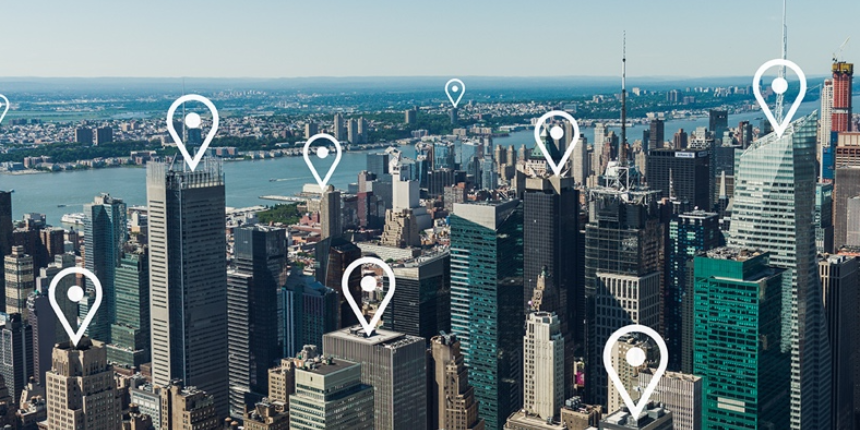

Following Google removing the right hand side PPC ads we shared some potential scenarios. In this post we’re focusing on how retailers with a high street footprint and ecommerce capabilities can protect themselves from increasing CPCs, one of the scenarios we outlined. Everyone wants cheaper CPCs, right? Local is at the heart of search… One in five searches now show local intent – Google Near me searches have increased by 34x since 2011 – Google Looking at the SERPs, not many retailers answer local long tail queries. Query:32″ Samsung smart tv in Enfield Get exclusive insights into digital  Retailers either serve the store locator page or the product page, most choose the latter. By including the location in the query we can assume that the user has indicated that they are looking to go in store. Not one of the PPC ads is localised. There may be few monthly searches for this query but across retailers’ entire product range combined with each location the cumulative volume could be thousands if not tens of thousands of clicks per month (depending on the size of the retailer). Websites are not built in a way to cater for these queries and if the retailer has hundreds of stores and hundreds of products it is difficult to build the number of page combinations required in to their site structure. This is where a digital media agency with a technology vein running through it – such as ourselves – can help. We have proprietary landing page software, PAGEtorrentÔ
Retailers either serve the store locator page or the product page, most choose the latter. By including the location in the query we can assume that the user has indicated that they are looking to go in store. Not one of the PPC ads is localised. There may be few monthly searches for this query but across retailers’ entire product range combined with each location the cumulative volume could be thousands if not tens of thousands of clicks per month (depending on the size of the retailer). Websites are not built in a way to cater for these queries and if the retailer has hundreds of stores and hundreds of products it is difficult to build the number of page combinations required in to their site structure. This is where a digital media agency with a technology vein running through it – such as ourselves – can help. We have proprietary landing page software, PAGEtorrentÔ Stay Forward
media's top-trending topics delivered
directly to your inbox.
Contributing Experts
Mentioned in this article
Mentioned in this article
Strategy
Build resilience and growth with strategic audience and market insights, digital strategy, and content strategy that connect brand and local performance.
Learn MoreStay Forward
Get exclusive insights into digital
media's top-trending topics delivered
directly to your inbox.





